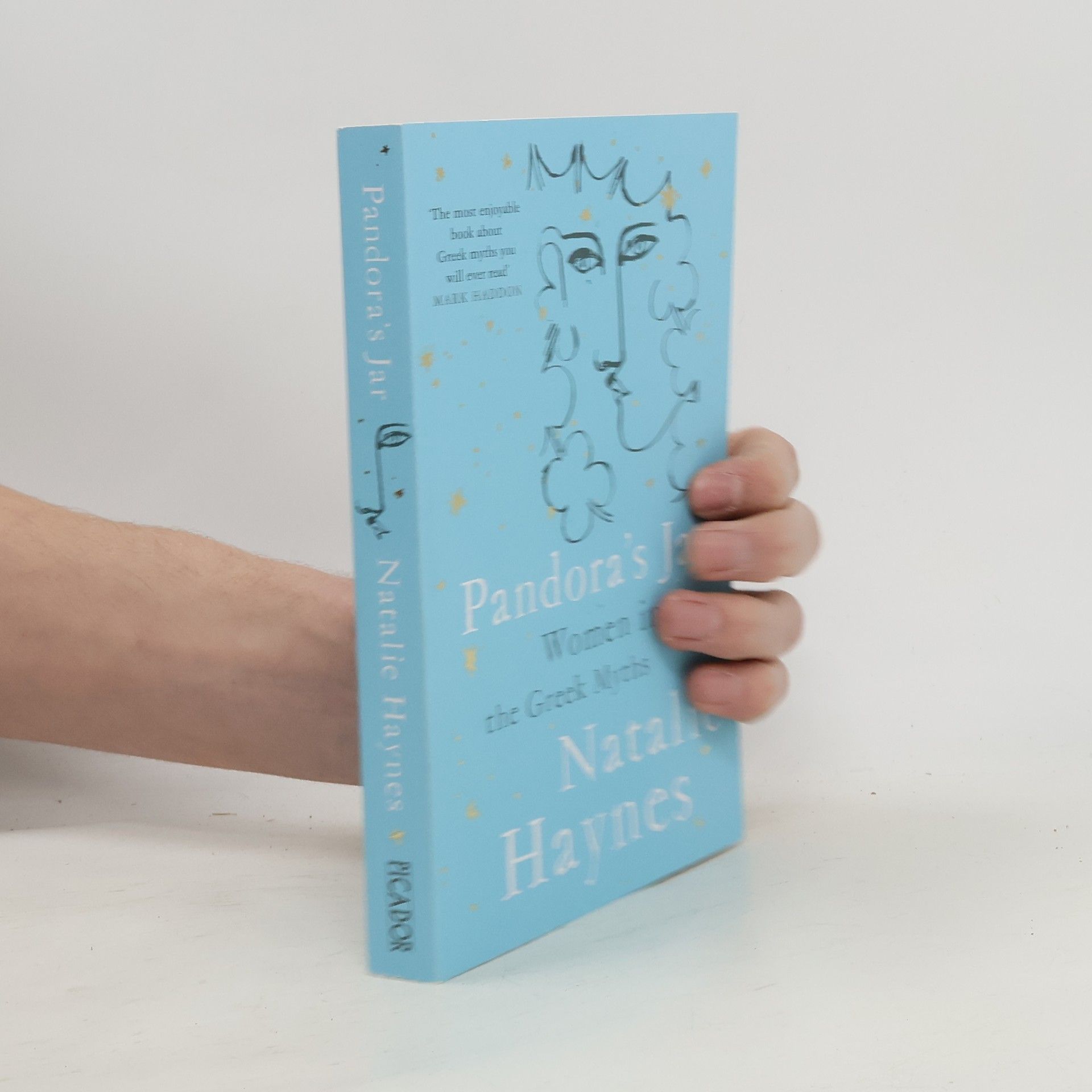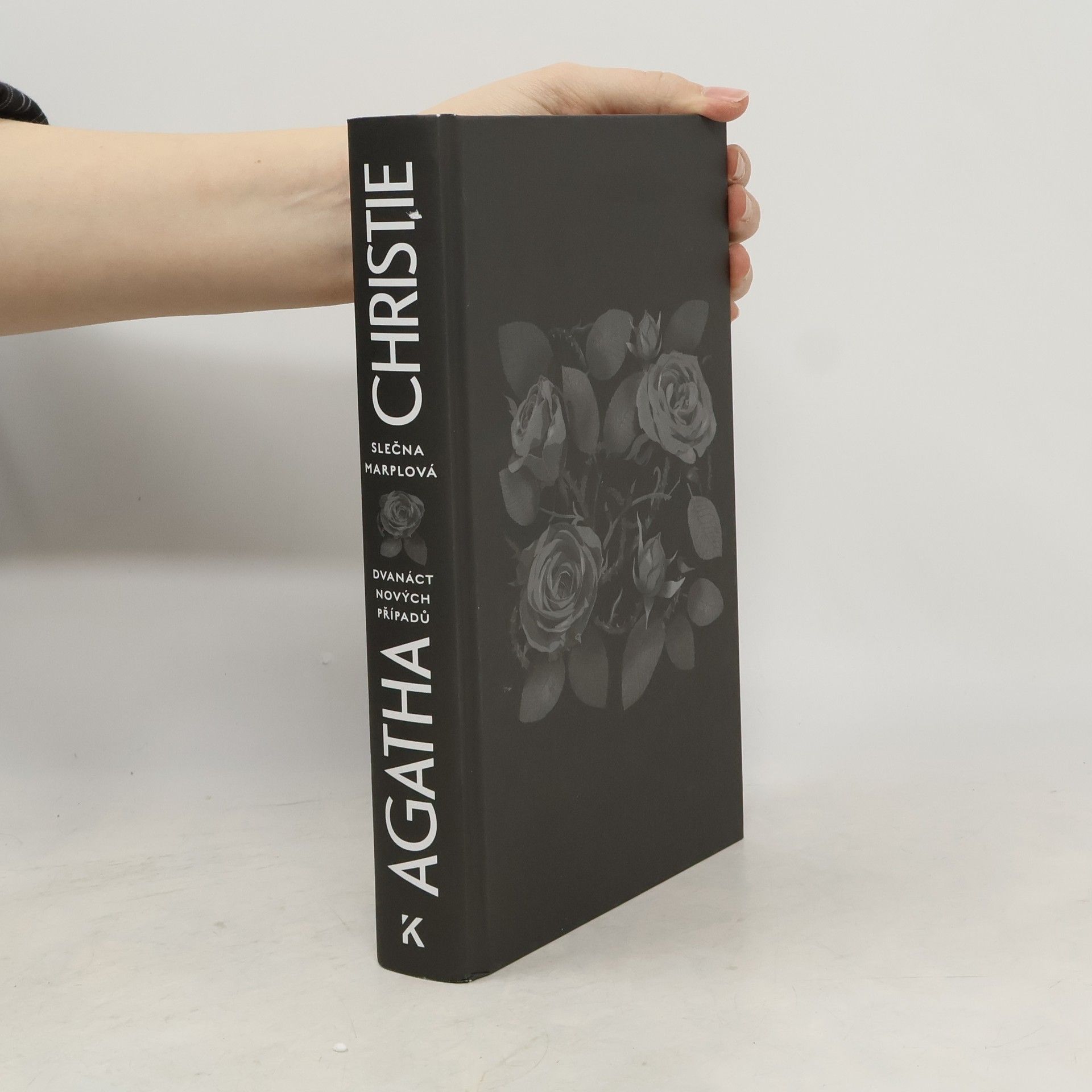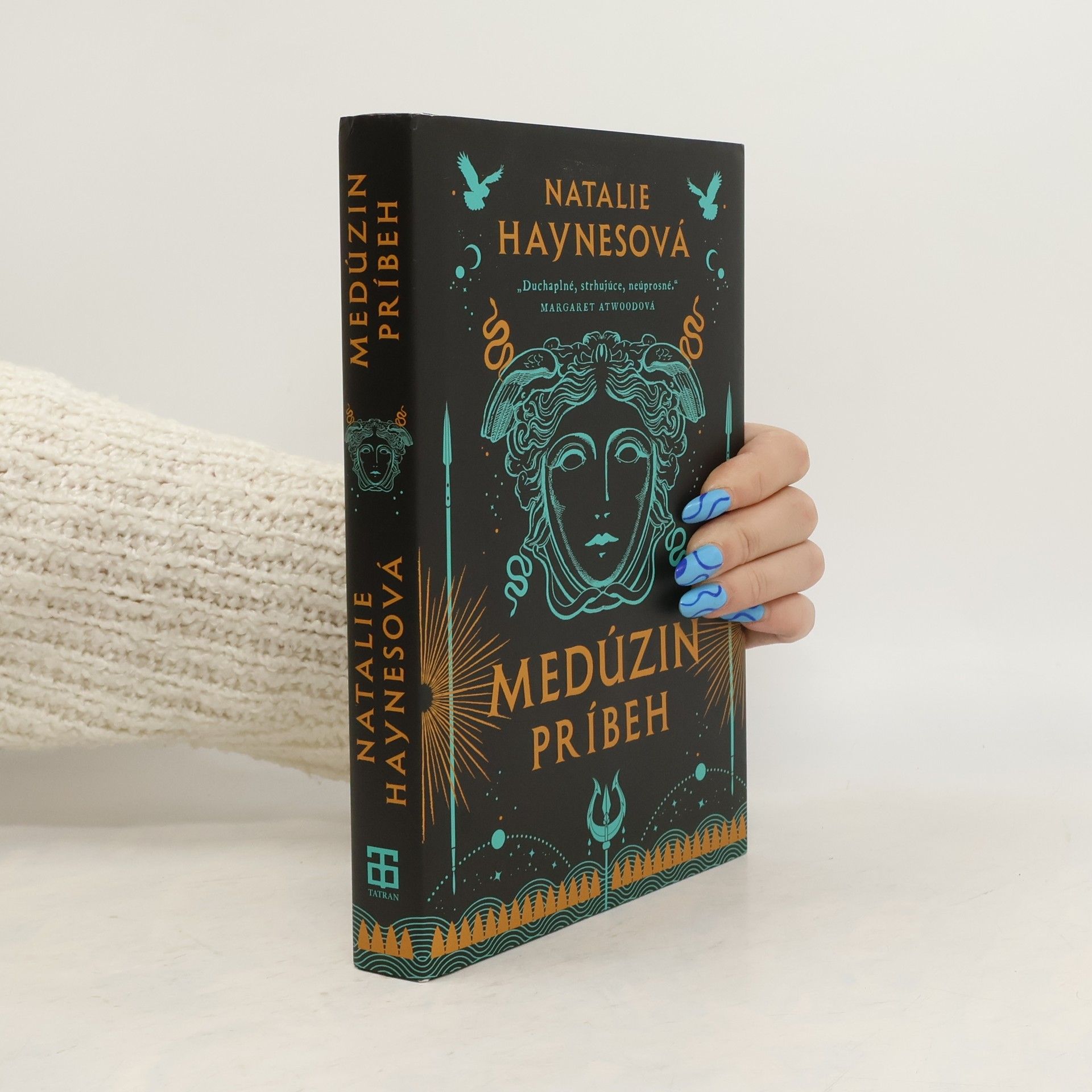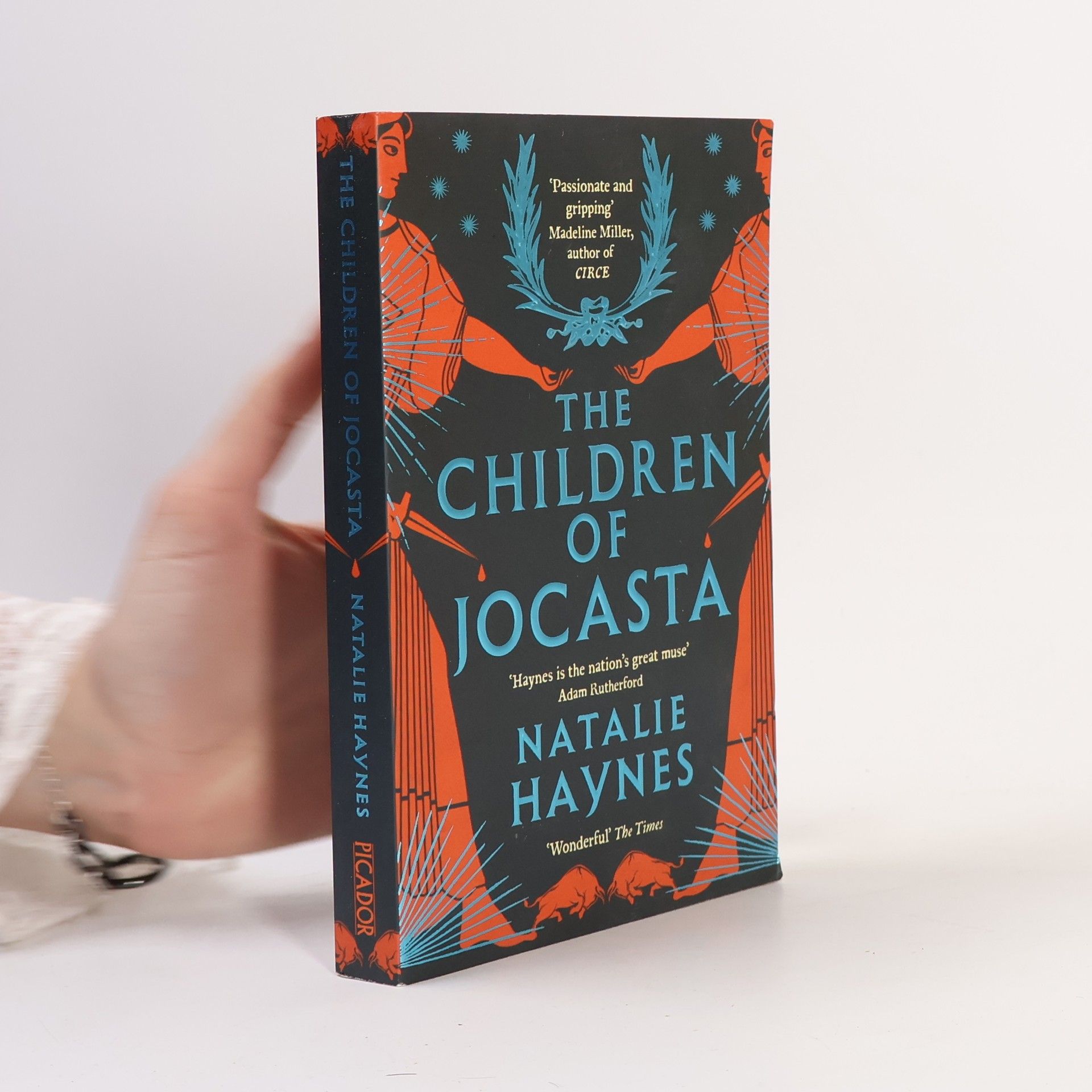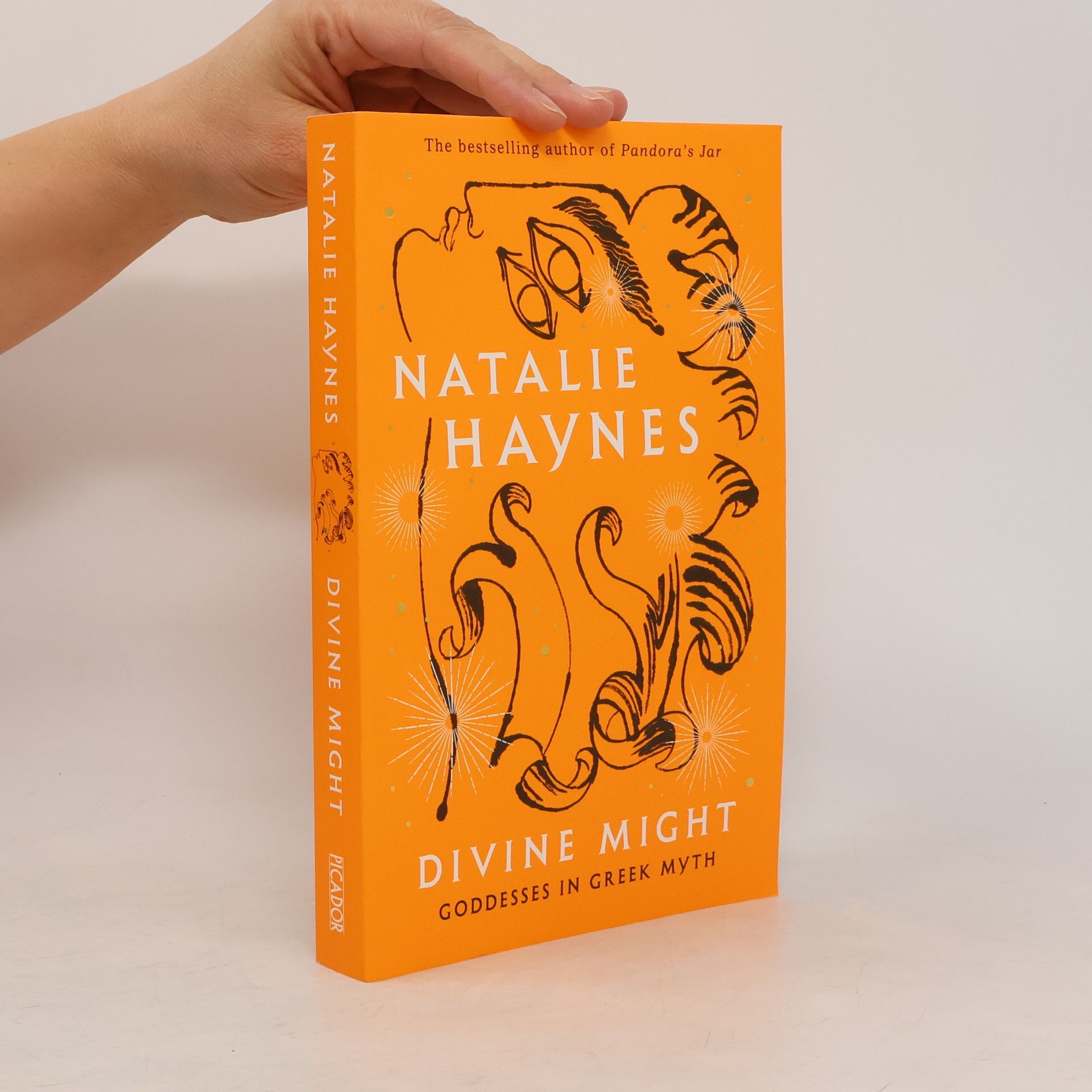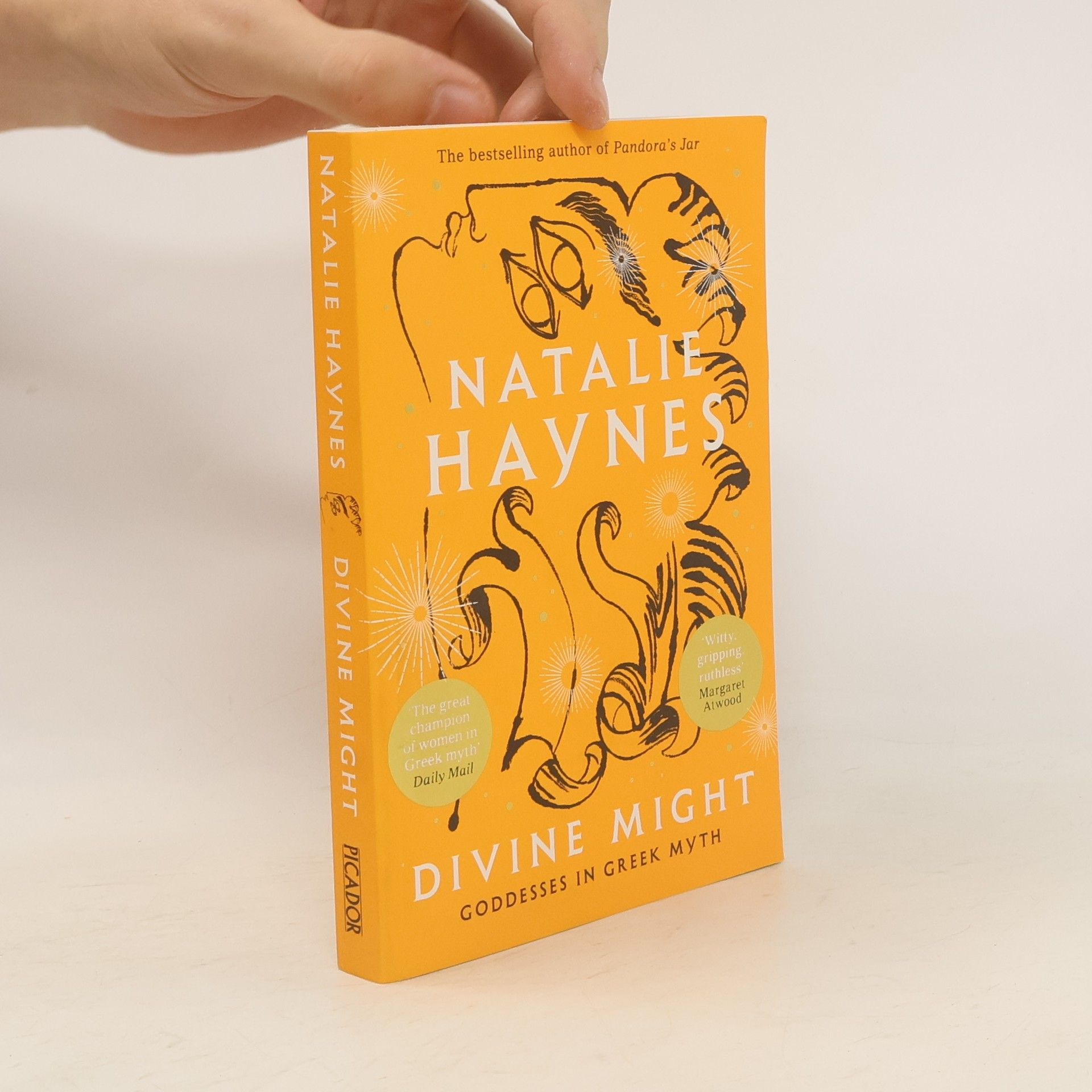Tisíc lodí
- 272 stránok
- 10 hodin čítania
Žiadna vojna nie je len mužskou záležitosťou. Dotýka sa aj žien. A nie iba jednej či dvoch. A trójska vojna je príbehom mnohých žien… Keď sa Kreusa v jednu noc prebudí, zistí, že jej milované mesto pohltili plamene. Desať rokov zdanlivo nekonečných bojov medzi Grékmi a Trójanmi sa skončilo. Trója padla. Tento príbeh však nie je len o jednej žene, ale o všetkých ženách, ktorých život, lásku a súperenie navždy poznačila táto dlhá a tragická vojna. Dotýka sa všetkých trójskych žien, ktorých osudy teraz držia v rukách Gréci, nevynímajúc princeznú Amazoniek bojujúcu za svoje družky po boku Achilla, či grécku Penelopu, ktorá čaká na Odyseov návrat, až po tri bohyne, ktorých spor to všetko spustil – tieto príbehy konečne vystupujú z tieňa slávnych mužských hrdinov. Natalie Haynesová vo svojom románe Tisíc lodí prináša nový pohľad na jeden z najväčších epických príbehov, kde sa dievčatá, ženy a bohyne stávajú ústrednými postavami.


